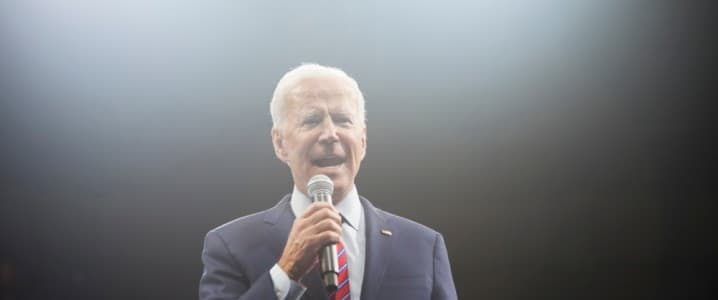The Kremlin hopes that the U.S. diplomacy will not seek to turn Saudi Arabia against Russia, Kremlin spokesman Dmitry Peskov said on Wednesday, commenting on U.S. President Joe Biden’s visit to the Middle East.
“We certainly hope that the building and the development of relations between Riyadh and other world capitals will in no way be directed against us,” Peskov was quoted as saying at a briefing on Wednesday by Russian news agency TASS.
“We highly appreciate the work we are doing with our partners, including leading partners such as Saudi Arabia,” Peskov said, asked to comment on President Biden’s visit to the Kingdom.
President Biden began on Wednesday a visit to the Middle East, which will include a stop in Saudi Arabia, the world’s largest crude oil exporter and a key partner of Russia in the OPEC+ oil production deal.
Despite the Russian invasion of Ukraine, Saudi Arabia and Russia have reiterated several times the importance of their OPEC+ partnership.
President Biden, for his part, will visit Saudi Arabia for the first time after making a U-turn in his attitude toward Riyadh as gasoline prices in America hit a record high of $5 per gallon last month.
OPEC has the capacity to raise crude oil production, White House National Security Advisor Jake Sullivan said earlier this week.
“We do believe there is a capacity for further steps that could be taken,” Sullivan said during a press briefing on Monday. Related: Is Biden Really Responsible For High Oil Prices?
President Biden and his team will make the case for higher OPEC oil production during meetings with leaders from the Gulf states in Saudi Arabia, Sullivan said at the briefing.
“We will convey our general view…that we believe that there needs to be adequate supply in the global market to protect the global economy and to protect the American consumer at the pump,” Sullivan said.
Analysts say that OPEC’s actual spare capacity could be less than official figures suggest and that, in fact, Saudi Arabia and the United Arab Emirates (UAE)—two producers believed to hold most of the world’s spare capacity—cannot pump too much crude oil above current levels for a sustainable period.
By Tsvetana Paraskova for Oilprice.com
More Top Reads From Oilprice.com:

